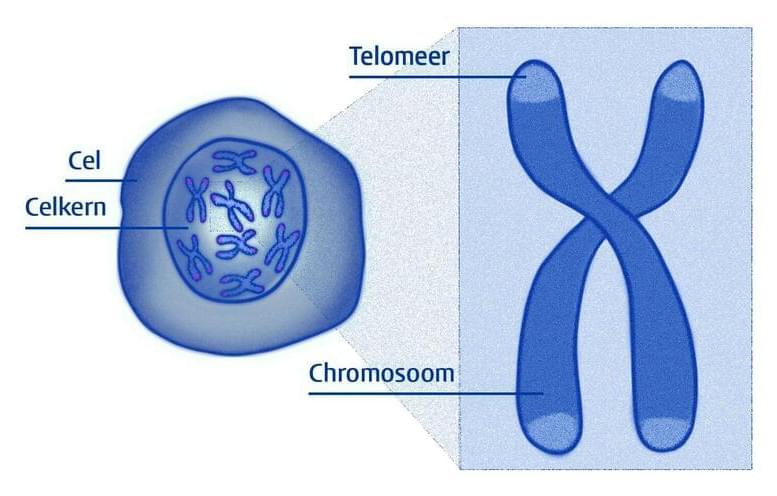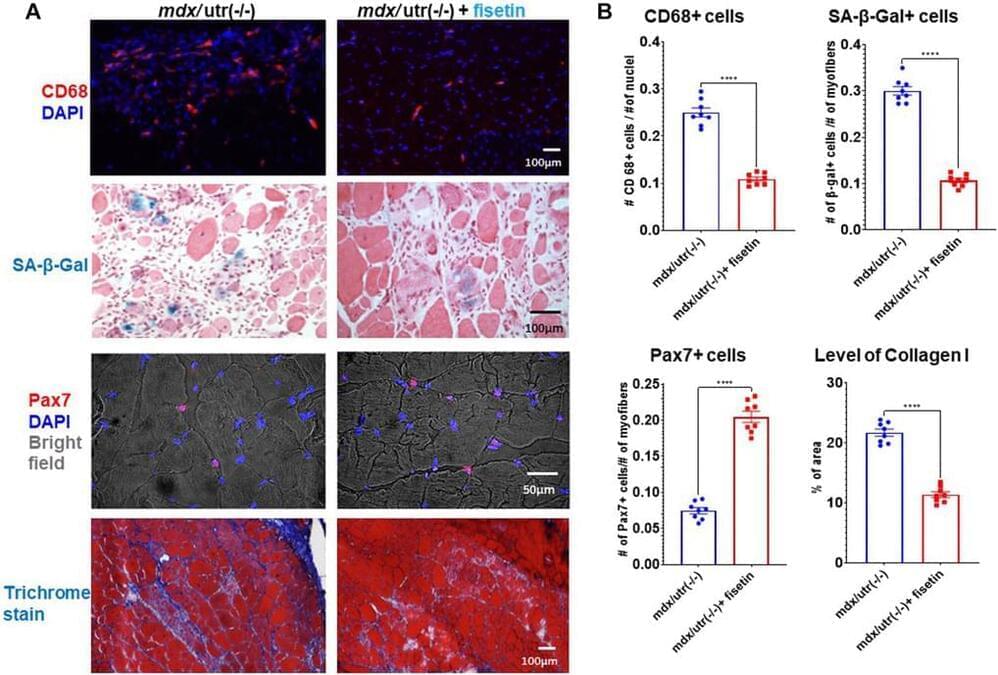The biotech platform that is leveraging one of the cornerstones of evolution – mitochondria.
Mitochondria play a crucial role in the aging process, activating factors and metabolic pathways involved in longevity. Their dysfunction impacts on both lifespan and healthspan, and whilst they have been identified as disease targets for some time, mitochondria have proven difficult to treat.
The founders of cellvie wondered if it were possible, as they put it, to leverage one of the cornerstones of evolution – to replace and augment damaged mitochondria. And so, the concept of Therapeutic Mitochondria Transplantation was born. TMT holds the potential of sustainably affecting mitochondria function, and reinvigorating or amplifying the cellular energy metabolism – and having raised $5 million in Kizoo-led seed funding, cellvie is on the way to turning that possibility into a reality.
Dr Alex Schueller, Cellvie’s CEO, will be speaking at Berlin’s Rejuvenation Startup Summit (14−15 October 2022), as part of an all-star line-up that includes Michael Greve, Eric Verdin, Brian Kennedy, Michael Sidler, Christian Angermayer and our own Phil Newman. Hosted by the Forever Healthy Foundation, this vibrant networking event aims to accelerate the development of the rejuvenation biotech industry.
Visit Longevity. Technology — https://bit.ly/3PwtH8Y
Follow Longevity. Technology on:





